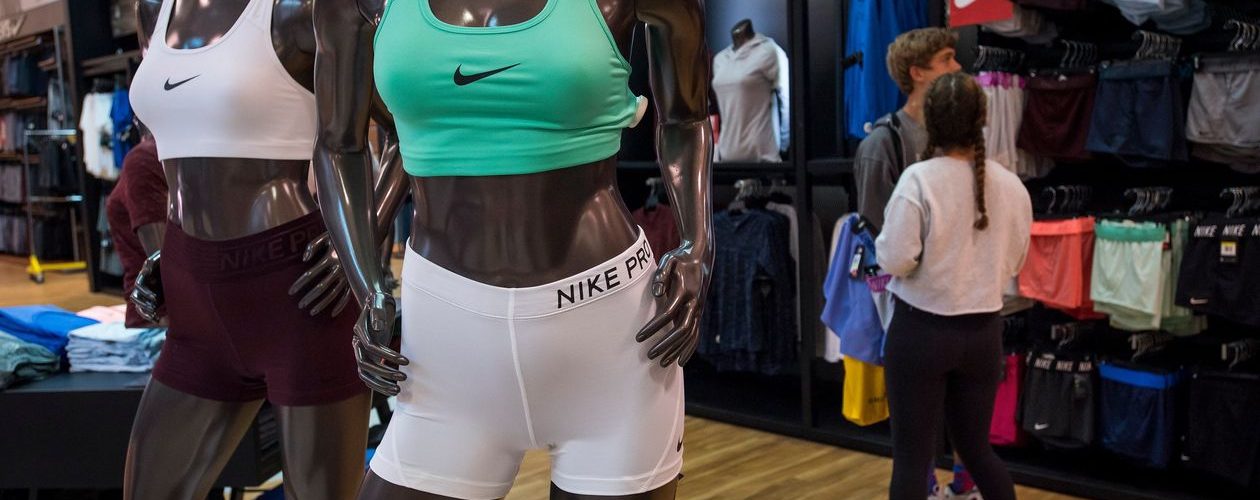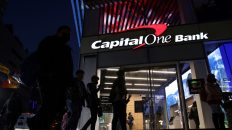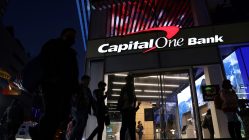Makers of apparel and accessories are getting pinched as the retailers they supply struggle to pay for goods, adding to the pain caused by the coronavirus pandemic and threatening the viability of many small and midsize businesses. Companies including Nike Inc., Columbia Sportswear Co. and Samsonite International SA in recent weeks have disclosed millions of dollars in bad-debt charges in their quarterly results. Finance chiefs book such charges when they don’t expect to get paid for inventory they delivered to wholesale customers, such as department stores or mom-and-pop retailers.
Please also watch in related video : The Economic Ripple Effect of Retail Sales, Explained | WSJ : Analysts and economists are paying close attention to monthly retail sales numbers as a way to gauge how the economy may be recovering from the impact of the coronavirus pandemic. Photo: Kathy Willens/Associated Press.
By Kristin Broughton
WSJ , July 15, 2020
Cash Crunch at Retailers Stings Suppliers During Pandemic
Nike, Columbia Sportswear and Samsonite take higher bad-debt charges as retailers struggle to pay for goods
Makers of apparel and accessories are getting pinched as the retailers they supply struggle to pay for goods, adding to the pain caused by the coronavirus pandemic and threatening the viability of many small and midsize businesses.
Companies including Nike Inc., Columbia Sportswear Co. and Samsonite International SA in recent weeks have disclosed millions of dollars in bad-debt charges in their quarterly results. Finance chiefs book such charges when they don’t expect to get paid for inventory they delivered to wholesale customers, such as department stores or mom-and-pop retailers.
Brands typically give retailers a period of time, such as 30 days, to pay for products they provide on credit. Since the pandemic, some retailers have extended payment terms in an effort to conserve cash. Some others have filed for bankruptcy, such as J.C. Penney Co. and J.Crew Group Inc., while still others continue to pay on time.
Finance chiefs at these suppliers are making judgment calls about which retailers are facing temporary hardships and which ones won’t be able to pay their bills—and as a result, how large of a potential write-off the supplier might ultimately have to take. Those determinations have become trickier amid the continuing uncertainty about how the rise in coronavirus infections could affect the economy.
Columbia Sportswear took a roughly $20 million charge for bad debt—the highest in its history—during the quarter ended March 31.
“We’re making those types of reserves, which are pretty darn extraordinary, given the sheer amount of uncertainty there is in the marketplace at this point,” CFO Jim Swanson said.
Columbia arrived at its bad-debt estimate in part by ranking its wholesale customers according to their degree of credit risk, he said. Columbia hasn’t disclosed its largest wholesale customers or the ones it views as struggling, a spokeswoman said. When asked how Columbia evaluates credit risk, the company said it always has some wholesale accounts on watch.
Columbia earned $213,000 during the first quarter compared with $74.2 million during the same period a year earlier.
Large companies can usually absorb bad-debt charges, but smaller suppliers, particularly those with concentrated lists of wholesale customers, often have a harder time doing so, finance experts said.
Companies don’t typically present these charges as a line item in their quarterly reports, but rather disclose them when they affect expenses. The charges are an estimate of potential losses, and companies could ultimately recover some of the funds.
Nike disclosed a bad-debt charge of $178 million for the period ended May 31, a drag on results during a quarter when sales declined due to virus-related lockdowns. The company posed a quarterly loss of $790 million compared with a $989 million profit a year earlier.
Nike’s allowance for bad debt—an estimate based on historical losses and credit evaluations—for the same quarter in 2019 was $30 million, unchanged from the previous year.
“It’s definitely reflective of an expectation that a lot of the smaller regional or mom-and-pop stores aren’t going to make it,” said Camilo Lyon, an analyst who covers Nike at the investment firm BTIG LLC, of the increase in bad-debt charges.
Nike already was scaling back on selling through retailers and focusing more on reaching customers directly through its own online and physical stores, and the pandemic will likely accelerate that trend, analysts said. Nike declined to comment.
Nike’s sales through its wholesale customers accounted for just over two-thirds of its brand revenue, down slightly from two years earlier, according to its 2019 annual report. The company has said that some of its strongest wholesale customers include Foot Locker Inc., JD.com Inc., Finish Line Inc. and Dick’s Sporting Goods Inc.
What is different now compared with previous downturns is that the pandemic-induced cash crunch is affecting companies across supply chains, said Lakshmi Balasubramanyan, a finance and banking professor at Case Western Reserve University in Cleveland.
“It’s systemic now, because everyone is affected by it at the same time,” Ms. Balasubramanyan said.
Vendors’ chances of getting paid diminish when a retailer files for bankruptcy, said David Swartz, an analyst covering apparel retailers and manufacturers at Morningstar Research Services LLC, an investment research firm.
“There’s a reason why they take that charge,” Mr. Swartz said, of the bad-debt charge. “It’s not something they take lightly.”
Samsonite increased its bad-debt allowance by 25% from the prior quarter, to $20 million as of March 31, and expects the number to increase, executives said on a May 14 earnings call. The higher allowance includes transactions with corporate customers that the luggage-maker views as a bankruptcy risk, or that have already filed for bankruptcy, said CFO Reza Taleghani on the earnings call.
During an economic downturn, vendors assess the health of their wholesale customers and weigh that against the value of the customers’ sales channels. The goal is to figure out if it is worth providing goods on credit to financially troubled customers.
Nike reached an agreement with J.C. Penney to continue supplying goods as the troubled retailer works through its bankruptcy proceedings, according to a June court filing.
“The whole world runs on credit,” Mr. Swartz of Morningstar said. “Nobody really gets paid until they get paid.”
Source WSJ











